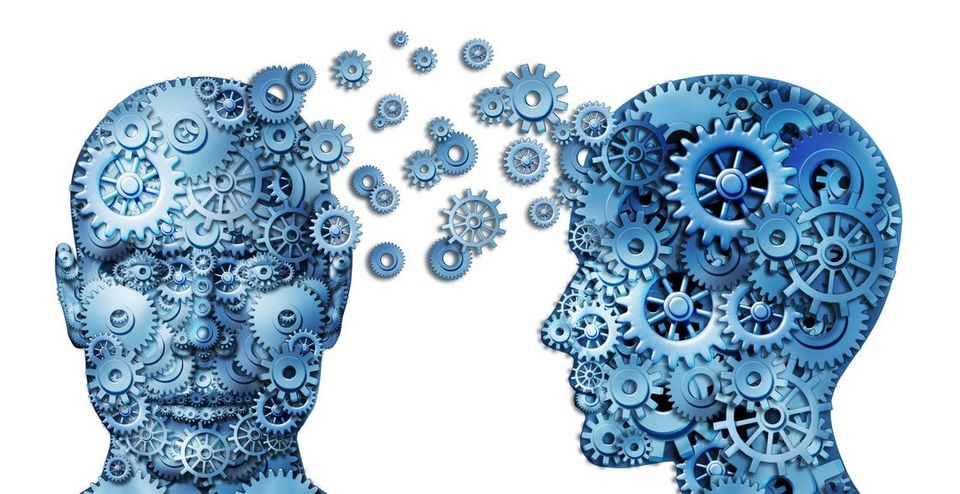Learning about Human Learning Algorithms

A learning algorithm is a powerful concept. It may be the defining concept.
I am a learning algorithm. I am human. I am a human learning algorithm.
How do I learn? Why do I learn? What are the limits to my learning?
Is machine intelligence the inevitable byproduct of human intelligence? How can an understanding of human learning algorithms and machine learning algorithms explain this?
Or, is human intelligence the byproduct of machine intelligence?
Is “God” a learning algorithm? What if a machine intelligence implanted a learning algorithm into biological organisms, which evolved into humans?
Is the entire universe a learning algorithm? Is evolution a learning algorithm? Is human intelligence just one of the infinite ways a universal learning algorithms is expressed?
Why are there differences in people’s learning algorithms? Why do we vary in our ability to learn? Why do some people’s learning algorithms more resemble machine learning? Why do some people think and learn more like machines?
How can we categorize human learning algorithms, similar to how we categorize machine learning algorithms? We understand why different machine learning algorithms learn differently. Why do we not have the same understanding for humans? Or does the increasingly opaque nature of deep learning algorithms make them more like human learning algorithms?
Do human learning algorithms have defining characteristics that separate them from machine learning algorithms? Are human learning algorithms limited by our biology, while machine learning algorithms are not?
Human learning algorithms are inscrutable black boxes. We don’t understand:
- How our brains work
- How we think
- How we make decisions
- What creates our consciousness
- Why we feel
Humans have the ability to learn without being explicitly programed. Now machines can do this. But humans can also be explicitly programmed. Isn’t that what education, society, culture, and relationships do?
Why do some types of human learning algorithms make learning and inventing technology easy, but learning to be human difficult? How can you be human and find it difficult to be human? Is there an intuition for human learning vs an intuition for machine learning?
Is learning to be human the hardest thing?
How do we label training data for our human learning algorithms? How do we distinguish right from wrong, correct from incorrect, good from evil, and feed it back into our algorithm? Is this why we developed morality and religion and culture, to provide ourselves with labeled data, to establish a ground truth for our learning algorithms?
Why are we human and not machines? We want to believe human and machine are mutually exclusive concepts, but are they instead located on the same spectrum? How do we see past our anthropocentrism? Does the universe convey special benefits to carbon-based life forms? What does it mean to be alive?
When I was four years old, I wrote a "book" in which I defined being alive as "moving" and "growing". We can define motion. Can we define growth? There are many forms of growth besides biological growth, e.g. crystallization.
What would it mean to be a machine intelligence in a human body? Is that in fact what we are? How could we tell the difference?
So many questions. So much to learn.